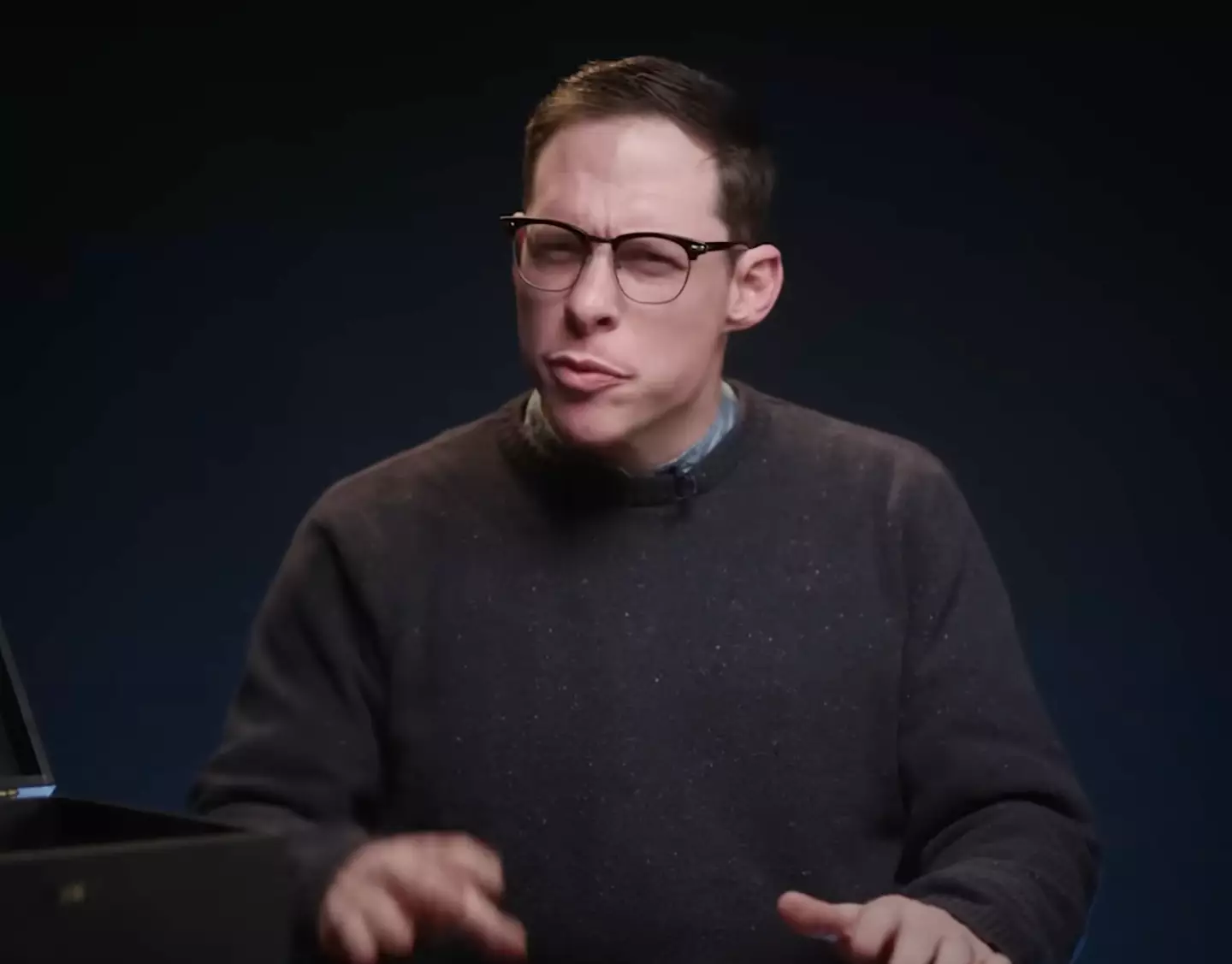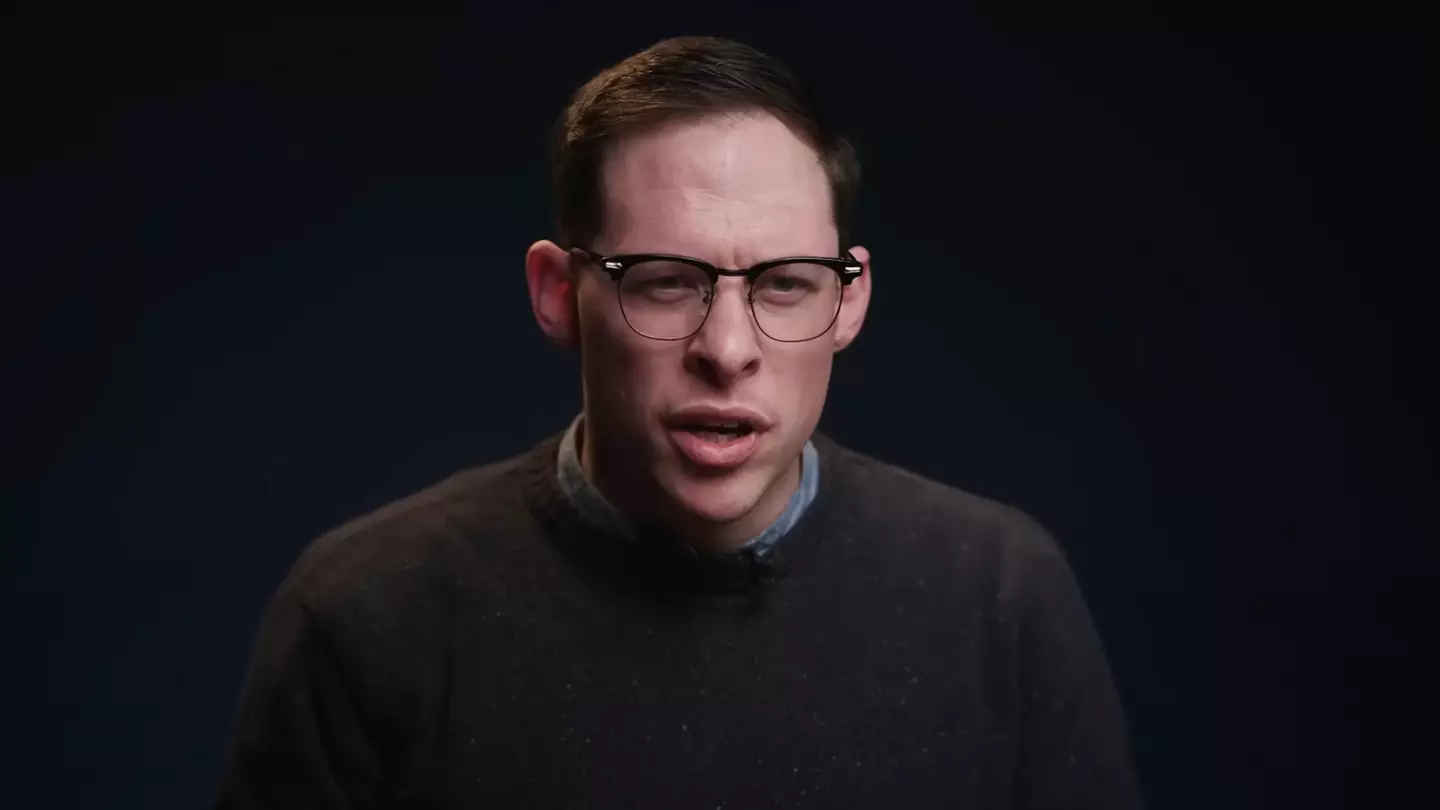A mortician recently addressed a variety of intriguing questions about death, including the physical changes that occur to the body after we pass away. While death is one of life’s few certainties, it naturally provokes a myriad of inquiries.
Many of these questions delve into spiritual beliefs about what might happen to us post-mortem, yet others focus more on the physical changes our bodies experience in the absence of life.
Mortician and funeral director Victor M. Sweeney provided insights during a session with Ladbible Stories, where he tackled numerous questions submitted through an ‘honesty box.’
In his discussion, Sweeney shed light on a frequently pondered topic: the changes a body undergoes in the first 24 hours after death.

While it is commonly understood that decomposition begins immediately following death, Sweeney explains that the rate of this process can vary significantly.
He elaborated: “So this is called the post-mortem interval.
“The time between when somebody dies and maybe when I pick them up, or maybe between death and cremation or death and embalming.
“Embalming delays that decomposition process.
“So in that 24 hours, given the environment, things can go very fine or go very, very wrong.”
Sweeney mentioned a case where a deceased individual was discovered in relatively good condition after 24 hours, despite the rapid changes that can typically occur in that timeframe.
He further explained: “I have had times when somebody was found two days later, but they were in a pretty controlled climate, a cooler room, no big deal.
“But the blood likes to settle, that is what they call livor mortis, so it settles to the bottom of the body.
“Also, given some more time and the conditions, it’ll congeal, and it becomes this kind of like jellylike substance.
“And that’s kind of icky, but it all depends, it’s so variable. There’s just no way to really say that there’s a set thing that happens at 24 hours, cause it’s all about the environment and the person.”
Sweeney also elaborated on the role of embalming in slowing down the decomposition process.
He clarified that a deceased body is not inherently dangerous but behaves differently due to certain biological processes.
He added: “When we die our bodies start to break down, in the span of even an hour after death, all those bacteria that are in your gut that help you digest food they run wild because there is no immune system to suppress them.
“Give that a couple days, let’s say while we wait for a funeral to happen, unchecked, those bacteria cause the body to bloat or turn green or the skin to slough off.”

